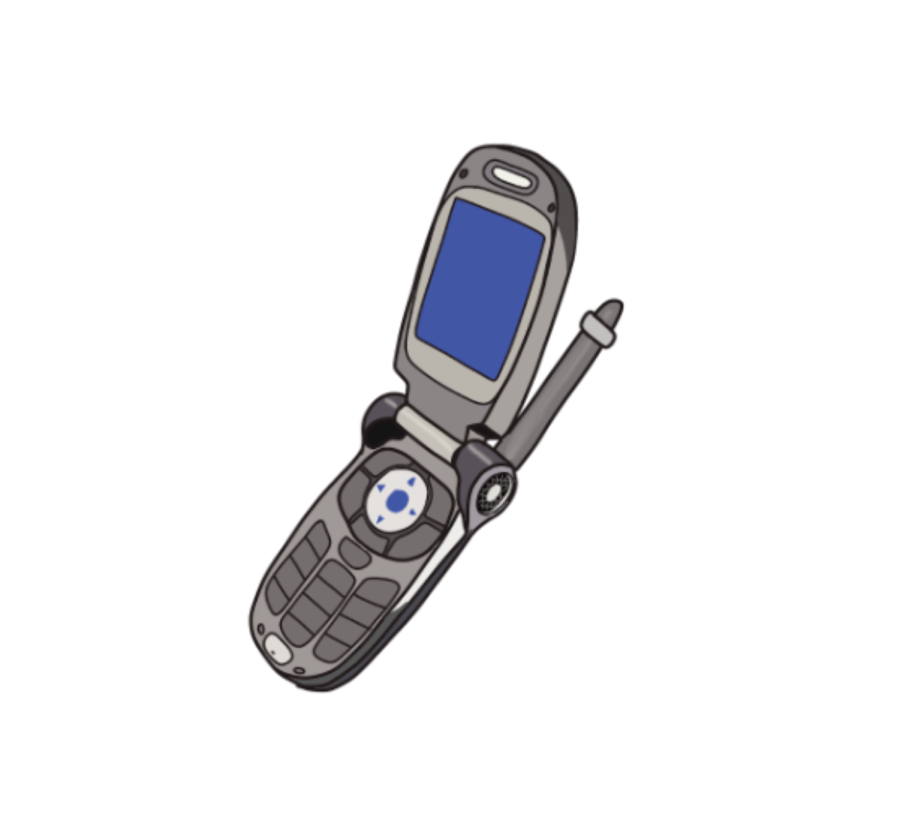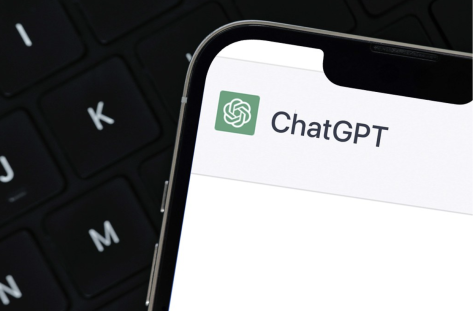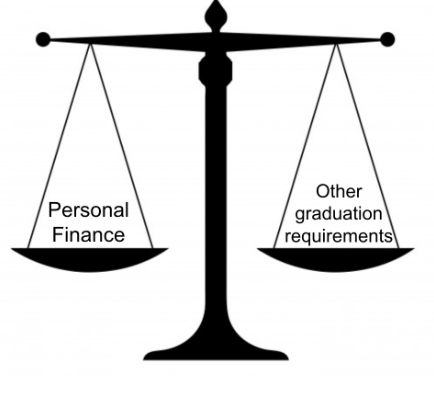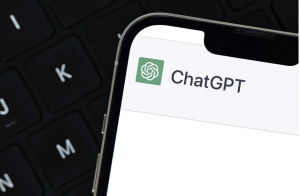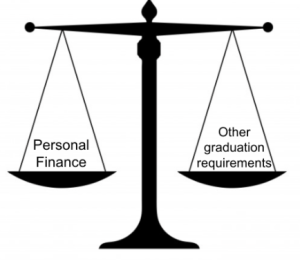Flipping back to 1996; flip phone offers safe harbor, improving mental health
Technology can be an escape from mental health struggles, with being able to talk to friends, watch tv or tiktok. It might not be as obvious at the time, but technology may not be helping as much as one would think. While technology is not to blame for everyone’s mental health struggles, it can still be a factor and should be dealt with.
Two months ago, my brother and I embarked on a new experience of a mostly tech free life. With the constant buzzing, notifications, drama and URGENT texts my phone was getting, I found it taking away from my mental health.
My parents suggested we should try flip phones for a short time in order to help become unreliant to our ‘regular’ iPhones. Honestly, it was a relieving yet distancing break.
I only had my family and three friends on my flip phone which created a safe, stress free zone. I ended up not even using my phone in school, and found that I was practically back in 1996 when the flip phone first came out and mental health disorder rates were 48.1% lower than in 2019, Psychiatry Advisor said.
Teenagers might find it hard to believe that their cell phone is actually affecting their mental health more than it is helping. For example, “Immense use of cell phones and an adverse attitude and feeling of anxiety can increase the risk of depression and anxiety,” National Library of Medicine said.
Phones bring us together and make a quick connection available, but it would be best for people struggling with their mental health to focus on themselves and focus on relationships that are truly important to them.
— Ava Coyle ’25
The result from having a flip phone impacted my life positively because if someone wanted to text me during school, it had to be important enough for people to talk to me in person about the complication since I kept the numbers in my flip phone very limited. My flip phone made for less stress since I was not getting constant updates on arguments going on.
Academically, I was able to completely focus by not being tempted to listen to music, not secretly checking my texts or checking how much longer is left in a class. It allowed me to become focused on my schoolwork and more present in academic discussion.
I also found that people were very intrigued as to what led to not having a modern phone. Most people would ask, “What did you do?” or “Are you grounded?”
It’s now been 57 days with a flip phone and I finally feel mentally ready to be back to my normal phone. The break was honestly very helpful and definitely needed, but it was irritating having to press the same number on the key pad numerous times in order to arrive at the correct letter to type for a text. It was tedious and time consuming compared to a iphone. I also did feel more distant from my peers which sometimes caused stress. If something was sent in a group chat, I couldn’t see it. If someone needed something during newspaper layout, I most likely couldn’t help. It was not as practical as my normal phone and while it was helpful, I would rather have screen time limits.
Phones bring us together and make a quick connection available, but it would be best for people struggling with their mental health to focus on themselves and focus on relationships that are truly important to them.

Social media manager Ava Coyle ’25 has moved all across the world – from Alabama, to Germany, Switzerland, the UK, Maryland and finally Connecticut....












































